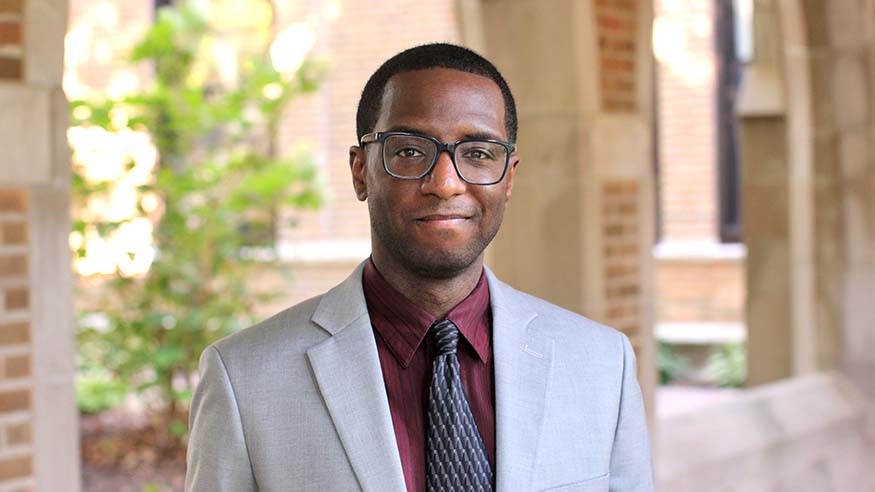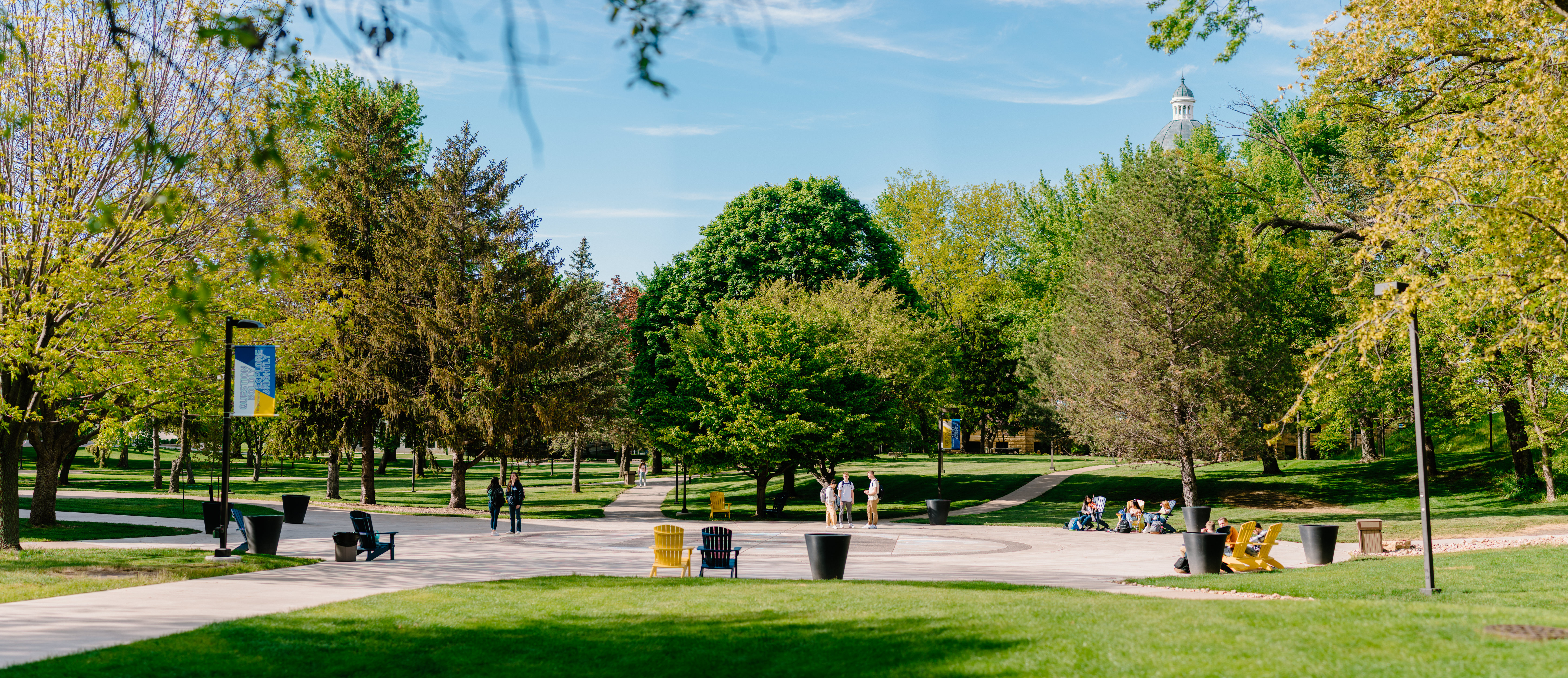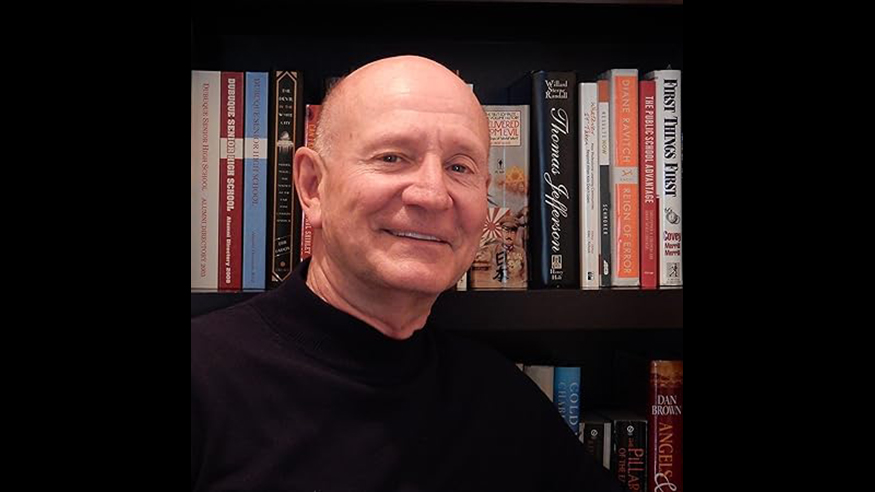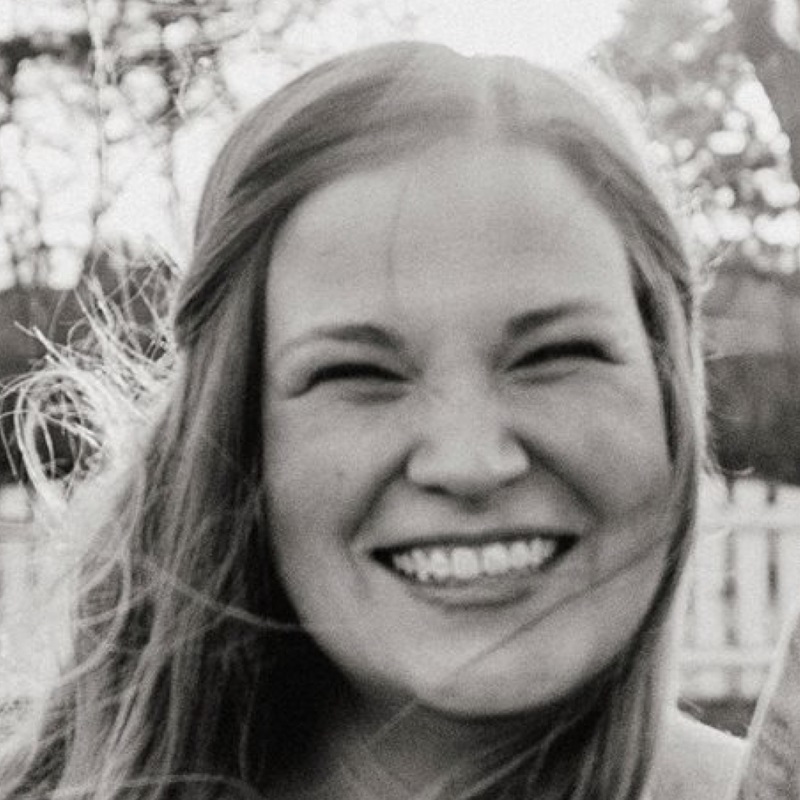Search Results
Academic Leadership Development
Since 2014, Augustana College has hosted a two-year, cohort-based Academic Leadership Academy. This transformative program is designed to enrich leadership capabilities within higher education by guiding faculty through a rigorous self-assessment of their leadership strengths and capacities, while cultivating a profound understanding of their institutional context.

Augustana selects Reynard Benschop to serve as director of Student Activities, Leadership & Engagement
Reynard Benschop will lead the college’s Office of Student Life and Leadership (OSL), which hosts events and experiences that complement Augustana’s classroom learning and leads the way in engaging students in campus life.
History Club
The purpose of this organization is to foster interest in and love for the study of the past.
Full-service catering menu, non-departmental and off-campus pricing
Catering Services welcomes your patronage and wishes to be of service to you for any event, whether it's a breakfast meeting, a working lunch or an honored guest reception. Our catering professionals will attend to every detail to allow you the pleasure of a carefree event.
Direct Entry 2+2 Nursing Program with Trinity College of Nursing & Health Sciences
For the direct-entry 2+2 B.S.N. option with Trinity College of Nursing & Health Sciences, students will complete two years of courses (64 credits) at Augustana, followed by two years of nursing study and B.S.N. degree completion at Trinity College. The structured pathway outlined below sets students up to meet all prerequisites and core requirements for a smooth transition to Trinity College of Nursing and Health Sciences.

Augie Abroad Photo Contest 2023-2024 winners announced
Emma Watts '25 was the grand prize winner for the Augie Abroad photo contest for 2023-2024. The contest was open to all Augustana students who went on a study abroad trip or term between summer 2023 and spring break 2024.

Why should I attend a Summer Visit Day?
Summer is a time for relaxation and enjoyment but also a time of planning for the future. One of the best ways to prepare for the important college selection is through campus tours.

Dave Markward '71: Continuing to support DEI initiatives
Dave Markward is connected to Augustana not only through his education, but also his philanthropy. In 2020, he established an endowed fund to provide support for the diversity, equity and inclusion (DEI) efforts of the college with earnings to be used at the discretion of the vice president for DEI to support that office's programs and initiatives.


